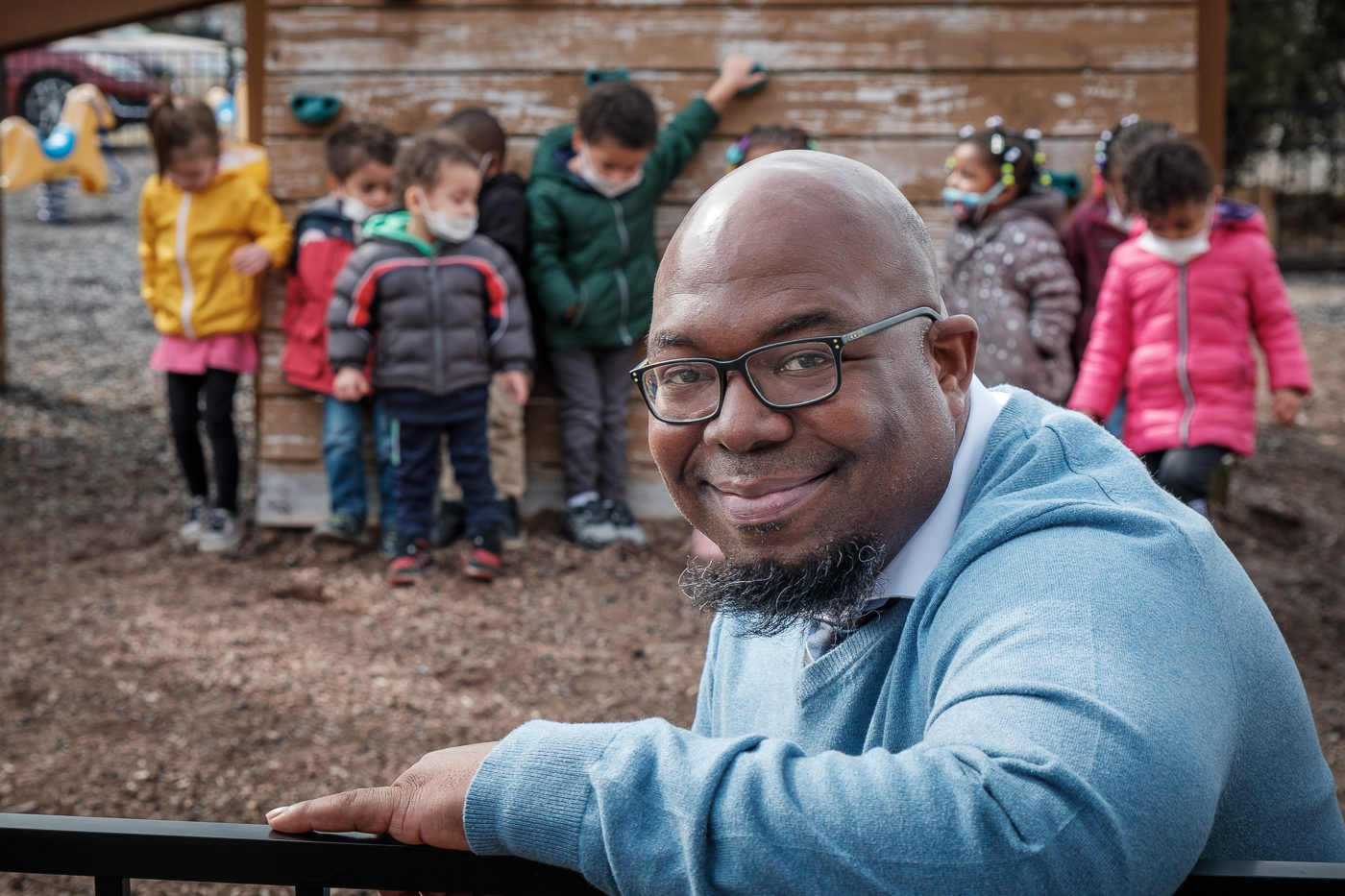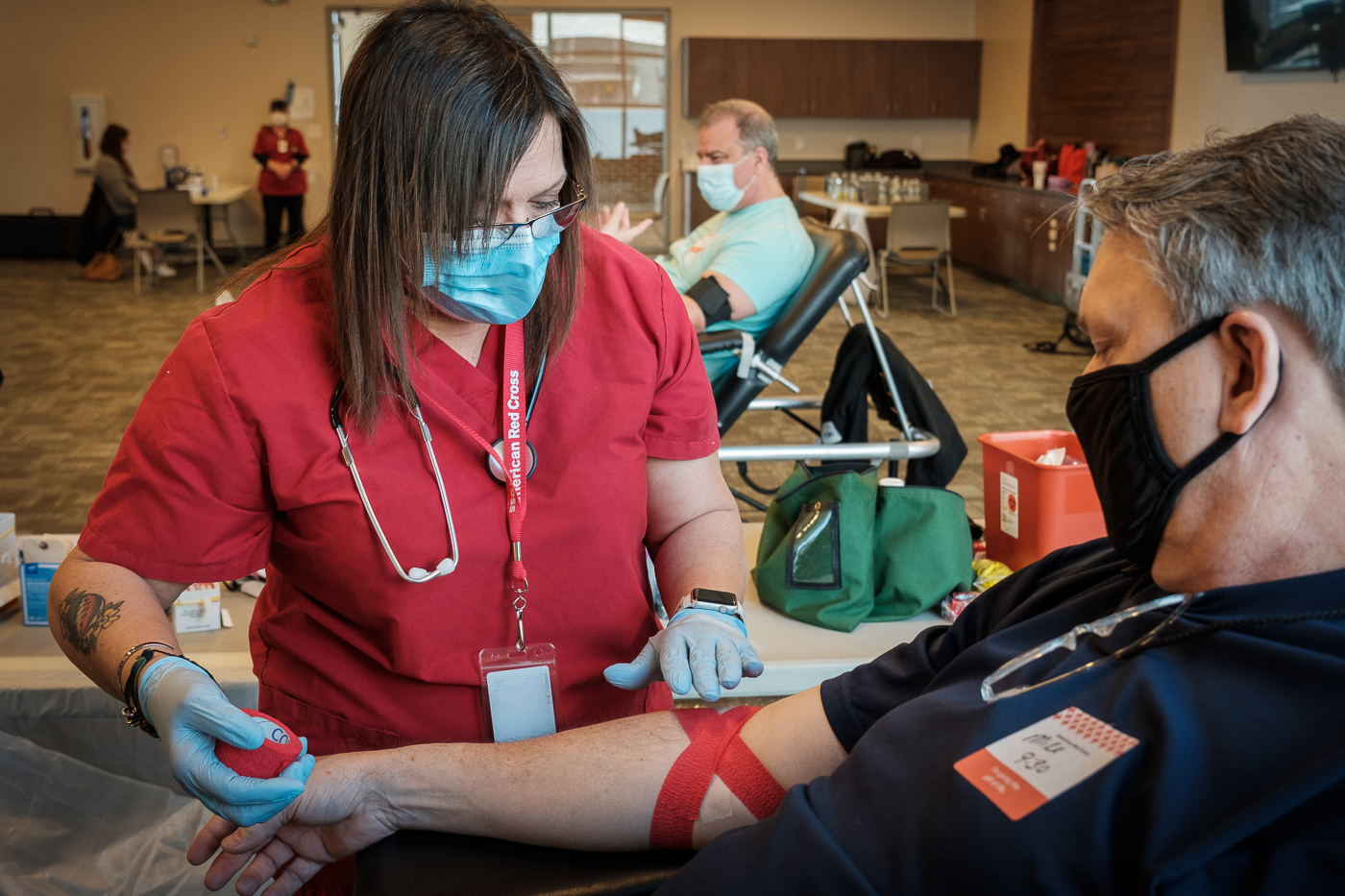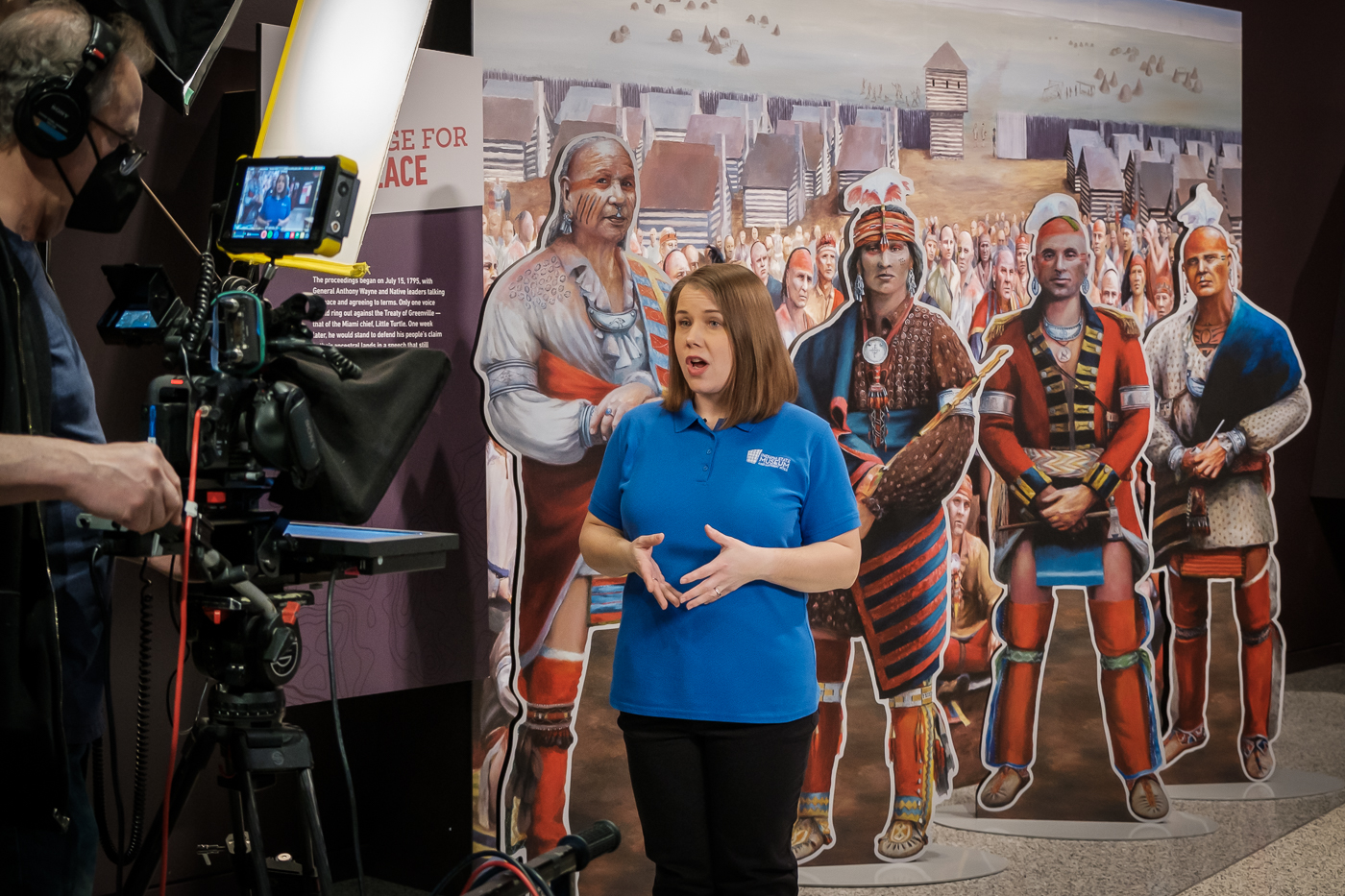As it became clear that COVID-19 would severely disrupt the world’s economy and the lives of people in every country on the globe, my colleagues and I at Lilly Endowment began as quickly as we could to identify and assess the most urgent needs arising from the pandemic in our city, state and nation.
We also considered which organizations had the capacity and will to address those needs expeditiously and effectively. Fortunately, we had developed trusted relationships over many decades with several organizations that had the expertise and commitment to respond to these needs in various contexts. We were heartened to learn that many of them already were beginning to envision and develop ways that they could help meet a range of urgent needs, such as food and housing. And when childcare providers, youth-serving organizations, congregations and arts groups realized that their ability to serve was threatened by the pandemic, there were intermediary organizations eager to help them work to reopen safely or adjust their programs so they could continue to serve and further their important missions. We were pleased to be able to approve in
2020 grants totaling nearly $208 million to help these and other organizations enhance and expand their efforts to serve during this most challenging time.
The first COVID-related grant we approved was in the amount of $15 million to United Way of Central Indiana to help launch with other Indianapolis funders on March 13 the Central Indiana Community Economic Relief Fund. During the next several weeks, that fund distributed financial support to dozens of community-based charitable organizations so they could help individuals and families struggling to pay rent, buy groceries and meet other basic financial obligations. This grant was followed on April 1 by a $30 million grant to Indiana United Ways, which has been distributed to support similar relief efforts throughout Indiana. We also provided funding to other intermediary organizations to help early learning providers, congregations, arts groups and youth service agencies stay the course and continue providing their vital services and programs. To support efforts to address similar needs around the country, we approved grants to the American Red Cross, the Salvation Army, UNCF and several Black theological schools, among others. It is a privilege to highlight the work of many of these impressive organizations in COVID-19: Helping the Helpers, a special supplement to our 2020 Annual Report.
The effects of the pandemic obviously did not cease at the end of the calendar year. My colleagues and I continue to identify and assess COVID-related needs to determine the best ways for the Endowment to address them.
While we worked to assess and support efforts to address pandemic-related needs, we continued to pursue key aims in the customary areas of the Endowment’s grantmaking established by our founders: religion, education and community development. In 2020, we placed a special emphasis on expanding our long-standing efforts to promote the prosperity of people from communities of color and address racial inequities, which have been exacerbated by the disproportionately negative impact of the pandemic in those communities. Stories about that grantmaking are featured in the accompanying 2020 Annual Report.

N. Clay Robbins
Chairman, President & CEO
Lilly Endowment Inc.
COVID-19 Report
Highlighting the work of our grantees in Indianapolis, across Indiana and nationwide
Basic Needs Funding Featured Story
Leveraging Long-Standing Relationships to Address Urgent Needs
On March 13, 2020, Lilly Endowment made its first COVID-19-related grant to help launch the Central Indiana Community Economic Relief Fund (C-CERF) with a $15 million grant to help central Indiana human services organizations assist residents as they face the effects of the COVID-19 pandemic.


National Funding Featured Story
Addressing COVID Needs on the National Level
Lilly Endowment’s decades-long relationships with key national charitable organizations were leveraged in 2020 to help meet various compelling needs arising from the pandemic. One such organization, the Salvation Army, was granted $15 million to bolster its efforts to provide for the basic needs of those most negatively affected by the pandemic.
Resiliency Funding Featured Story
Staying the Course
The Endowment made grants to Early Learning Indiana, the Arts Council of Indianapolis and the Indianapolis Center for Congregations to help them assist their stakeholders in adapting to challenges brought on by COVID-19. Doors to child care centers and cultural institutions were kept open with best-practice adaptations and facility modifications, and new technology took arts programming into audiences’ homes and worship services beyond congregational walls.
